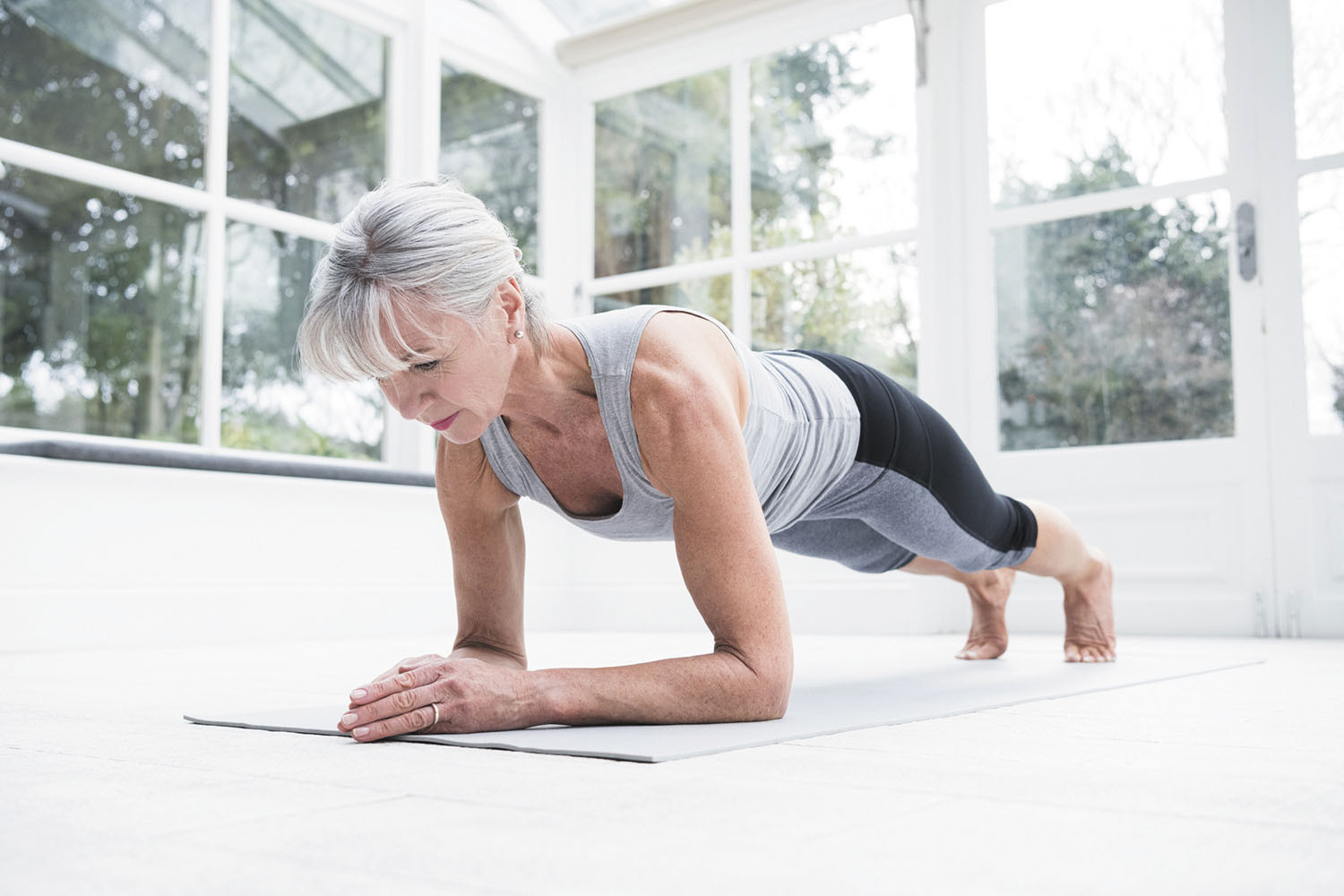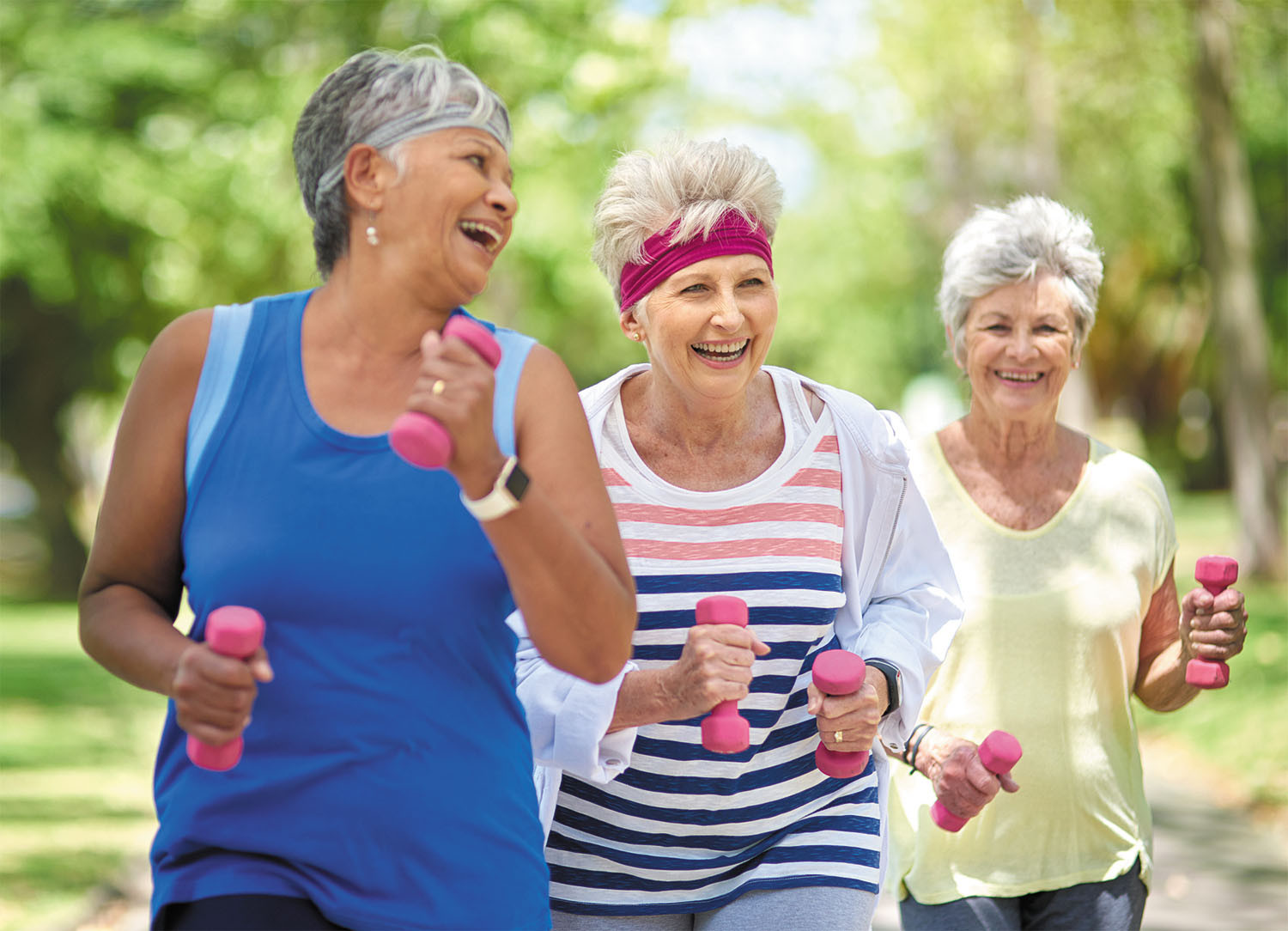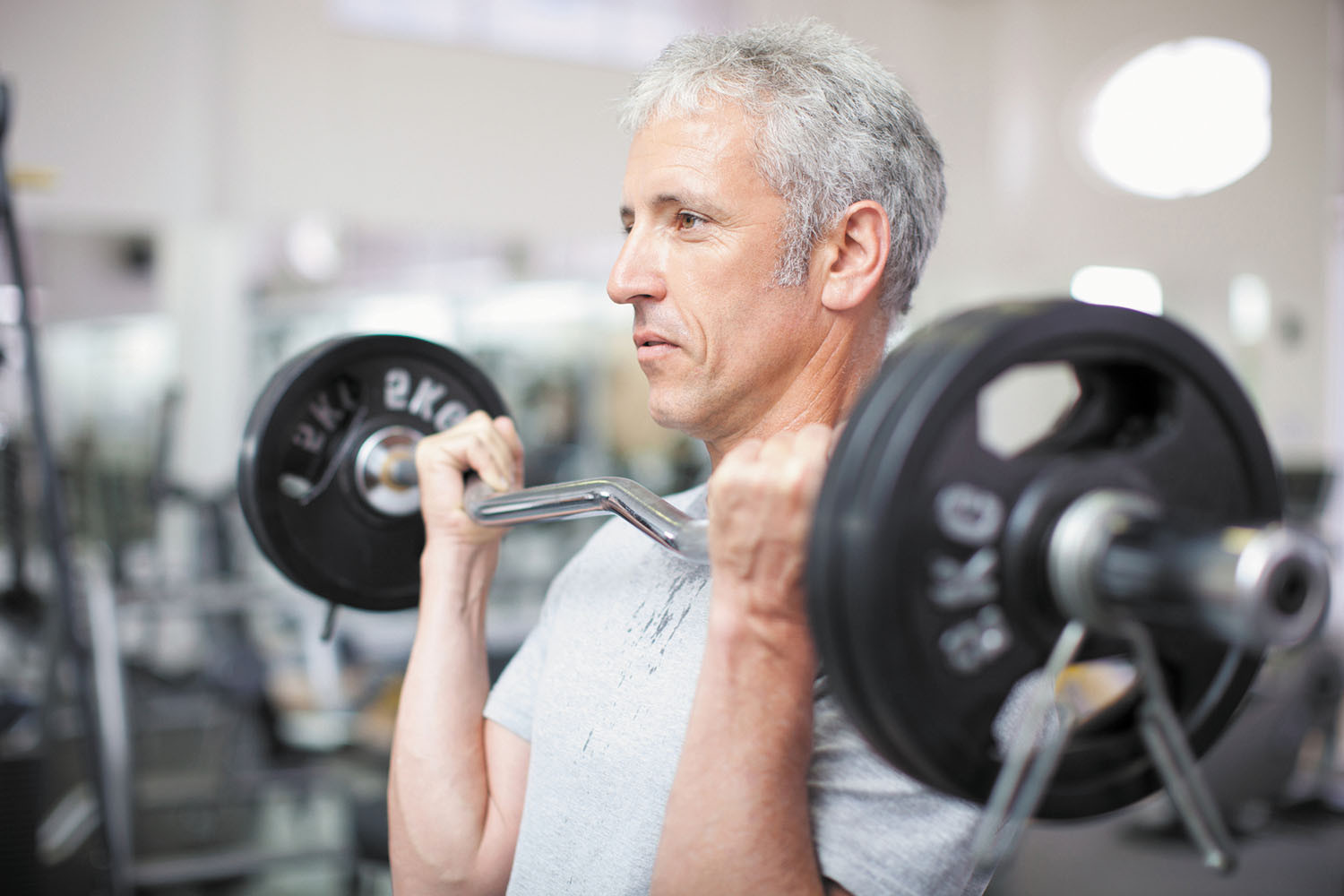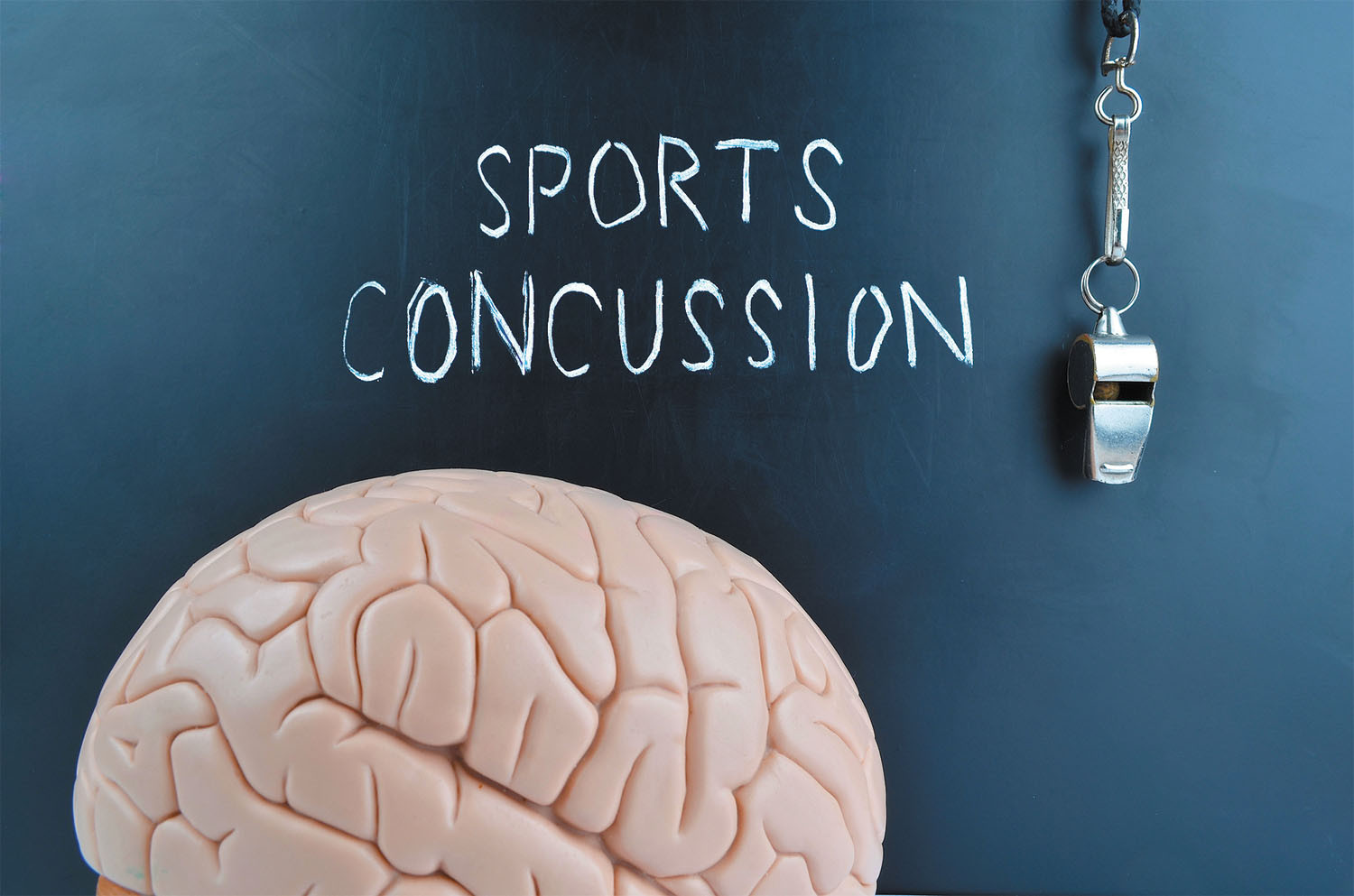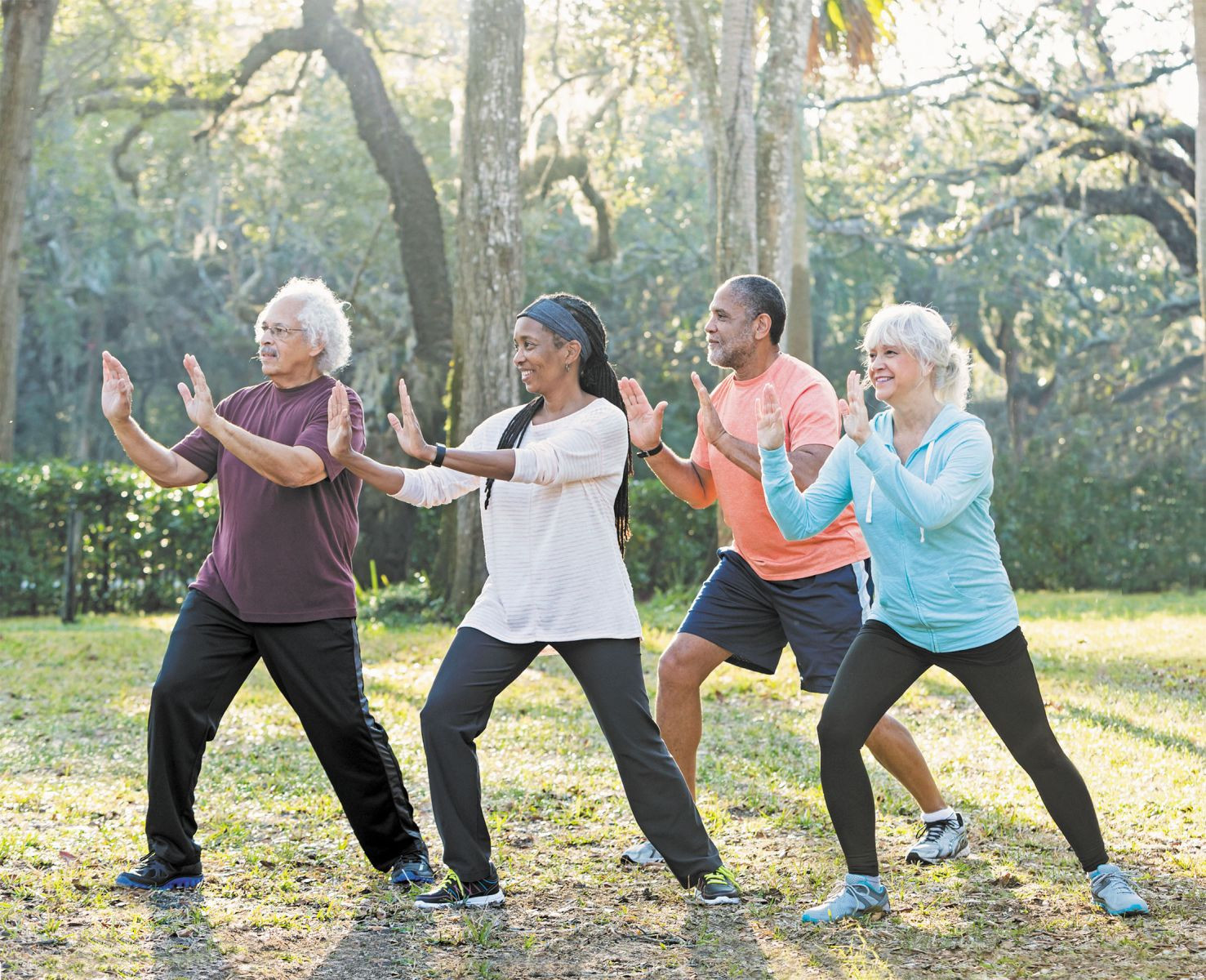
5 timeless habits for better health

What are the symptoms of prostate cancer?

Is your breakfast cereal healthy?

When pain signals an emergency: Symptoms you should never ignore

Does exercise give you energy?

Acupuncture for pain relief: How it works and what to expect

How to avoid jet lag: Tips for staying alert when you travel

Biofeedback therapy: How it works and how it can help relieve pain

Best vitamins and minerals for energy

Should you take probiotics with antibiotics?
Exercise & Fitness Archive
Articles
Tips to help you embrace abdominal workouts
You can strengthen your abs without feeling like you're tackling a daunting workout.
Image: © Johnny Greig/Getty Images
For some people, crunches and other abdominal muscle workouts are the last thing they'd want to do — so they don't. "Part of the perception is that it's difficult. We tend to want to avoid doing things that require effort, especially as we get older, when that's harder for us," says Lorna Brown, a physical therapist who specializes in geriatrics at Harvard-affiliated Spaulding Rehabilitation Hospital.
But skipping abdominal strengtheners can have a big effect on your mobility and independence — and not for the better.
Stepping up treatments for PAD
Proven therapies for this painful leg problem should soon be more accessible.
Image: © stevecoleimages/Getty Images
When fatty deposits clog the arteries that supply blood to the legs, even a short walk can cause leg cramping and pain. This condition, called claudication, comes from the Latin word claudicatio, meaning "to limp." It's the hallmark of peripheral artery disease, or PAD, which affects roughly one in seven people over the age of 60.
People with PAD are also likely to have clogged arteries (atherosclerosis) in the heart. In fact, they may be even more prone to heart attacks and strokes than people with heart disease who have already had one of those problems.
Walking for fitness? Avoid traffic-clogged streets
Research we're watching
Image: © Cecilie_Arcurs/Getty Images
If you walk on busy city streets, breathing the traffic fumes may cancel out the health benefits of the exercise, a new study suggests.
The London-based study, published online Dec. 5, 2017, by The Lancet, included 119 volunteers over the age of 60 who were either healthy or had stable chronic obstructive pulmonary disease or stable heart disease. They all walked for two hours midday at two different locations. One was in a quiet section of Hyde Park, where air pollution is usually within healthy limits. The other was on a busy shopping area on Oxford Street, where levels of pollutants such as black carbon, nitrogen dioxide, and fine particulate matter regularly reach dangerous levels. The walks were separated by three to eight weeks.
Getting stronger despite frailty
Men may be less able to perform daily activities as they age, but there are ways to reverse these changes.
Most men would prefer to maintain strength and robustness as they age. There are many ways to maintain a high level of health and energy through the years, but disease, surgery, and Father Time sometimes gang up and make men feel as if their best years are behind them.
Still, you don't have to take frailty lying down. "It's never too late to treat frailty and recoup what you may have lost," says Dr. Marian T. Hannan, co-director of the Musculoskeletal Research Center at the Institute for Aging Research at Harvard-affiliated Hebrew SeniorLife.
Weight training helps maintain muscle mass in overweight adults
In the journals
Image: © Robert Daly/Getty Images
Cardio is often regarded as the exercise of choice for weight loss, but older adults can benefit from adding weight lifting too, as it helps preserve muscle mass more than aerobic workouts.
A study published online Oct. 30, 2017, by the journal Obesity divided 249 overweight or obese adults in their 60s into three groups. One followed a restrictive diet of 1,200 to 1,800 daily calories. Another followed the diet and also did weight-machine workouts (four 45-minute sessions per week, targeting the major muscle groups). The third group followed the diet plus a cardio program of walking (45 minutes, four days a week, at a moderate-intensity level).
Should I worry about grandkids’ sports?
Ask the doctor
Image: © s-c-s/Thinkstock
Q. I keep hearing that concussions can cause problems later in life. Should I be concerned about my grandkids playing sports, particularly football?
A. Sports teach kids many important life lessons, like the value of teamwork and hard work, and the importance of tenacity and resilience. The most popular sport in the United States is football. Yet evidence has emerged that repeated head injuries (common in football) may lead to a brain disease called chronic traumatic encephalopathy (CTE). This disease, which currently can be diagnosed only at an autopsy, causes difficulty thinking, severe mood swings, anger, violence — and death.
Fitness over 50: Rebooting your workout
You may not be aware of physical changes that can make your old workout risky. Try these tips to ease into exercise.
Blame it on a job change, a chronic health issue, or simply a loss of motivation: whatever took you away from your regular exercise routine has led to a sedentary lifestyle. But don't assume you can jump back into the same exercise regimen you followed when you were younger. "Your body has aged, and things have changed," says Dr. Clare Safran-Norton, clinical supervisor of rehabilitation services at Harvard-affiliated Brigham and Women's Hospital.
What's different
Age-related physical changes aren't always obvious. "We lose muscle mass and strength as we get older, and the muscles become less flexible and less hydrated," says Dr. Safran-Norton. Arthritis weakens joints. And vision changes, neurological disease, joint pain, or problems inside the ear can throw off your balance.
Tai chi: A kinder, gentler approach to cardiac rehab?
This easy, stress-relieving exercise may help heal your heart.
If you have a heart attack or undergo stenting, improving your cardiovascular health should be a top priority. A great way to move toward that goal is to enroll in cardiac rehabilitation, a multiweek program of structured exercise paired with lifestyle and nutrition education.
Unfortunately, not all doctors refer their patients to such a program, which is recommended for a number of conditions, including most heart surgeries. Also, for a range of reasons, more than 60% of eligible people choose not to attend cardiac rehab. Sometimes travel and cost issues are barriers. But others worry that the exercise component of the program will be too difficult or tiring. For them, the ancient Chinese practice of tai chi may be a good alternative, according to a small study in the Oct. 11, 2017, Journal of the American Heart Association.
Get moving to avoid blood clots from TV watching
In the journals
Even if you get enough exercise, you are still at risk for blood clots from too much sitting in front of the TV, according to research presented at the American Heart Association's Scientific Sessions in November 2017.
Prolonged TV viewing has already been associated with heart disease involving blocked arteries, but this is the first study in a Western population to look at blood clots in the veins of the legs, arms, pelvis, and lungs known as venous thromboembolism.

5 timeless habits for better health

What are the symptoms of prostate cancer?

Is your breakfast cereal healthy?

When pain signals an emergency: Symptoms you should never ignore

Does exercise give you energy?

Acupuncture for pain relief: How it works and what to expect

How to avoid jet lag: Tips for staying alert when you travel

Biofeedback therapy: How it works and how it can help relieve pain

Best vitamins and minerals for energy

Should you take probiotics with antibiotics?
Free Healthbeat Signup
Get the latest in health news delivered to your inbox!
Sign Up
